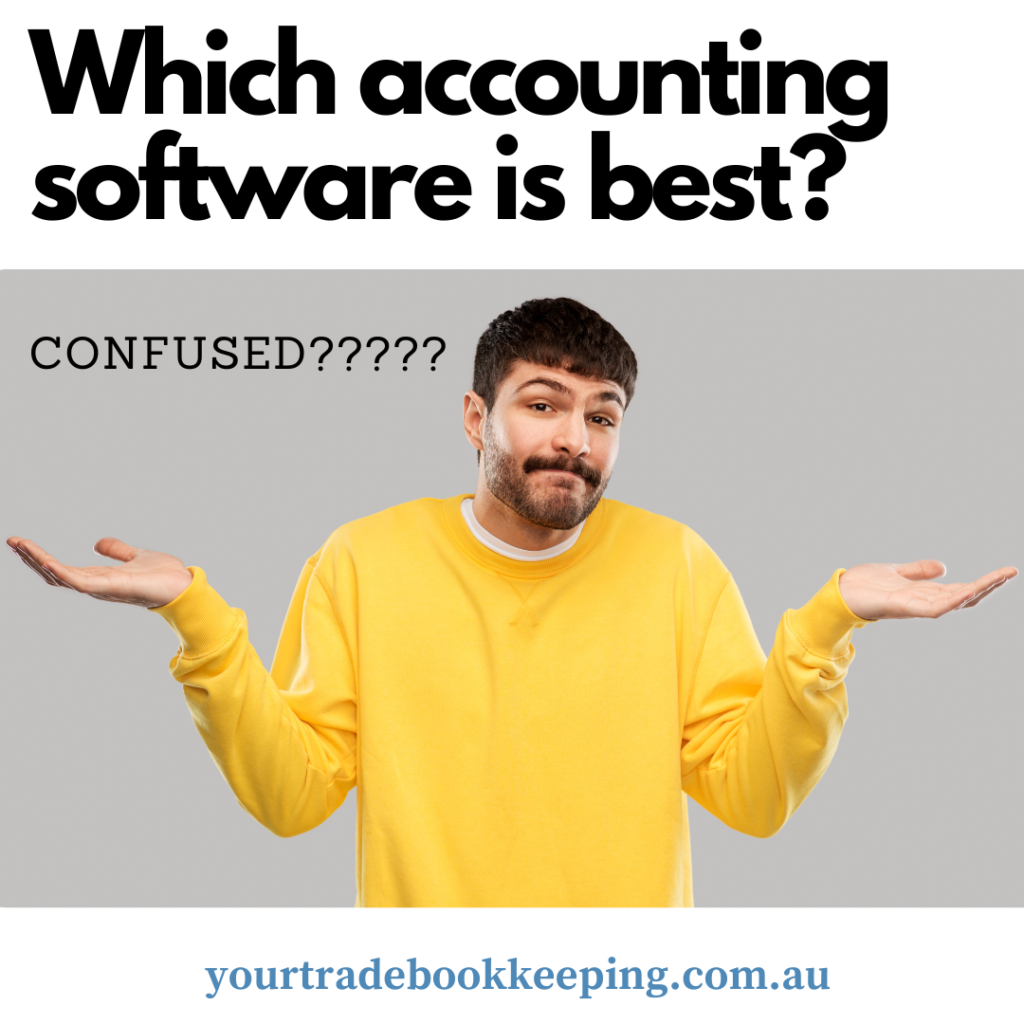Ditch the Dead Weight- Decluttering Your Business
As a busy Tradies Wife, you often wear many hats and juggle many balls daily. You understand the importance of maintaining accurate financial records and compliance with the ever-changing regulations. However, the task can become overwhelming when unnecessary clutter bogs down your business operations. In this article, we’ll explore 8 key strategies for streamlining and simplifying your bookkeeping processes, helping you ditch the dead weight and boost efficiency.
- Embrace Digital Solutions: Say goodbye to bulky filing cabinets and piles of paperwork. Embracing digital solutions is the first step towards streamlining your bookkeeping. Invest in cloud-based accounting software to centralise all your financial data securely. Cloud-based platforms offer real-time access, simplified collaboration with clients, and automated backups, reducing the risk of data loss.
- Automate Repetitive Tasks: One of the main culprits of inefficiency is manually handling repetitive bookkeeping tasks. Leveraging automation tools can save you time and effort. Set up automatic bank feeds to reconcile transactions effortlessly. Use recurring invoicing for regular clients, and schedule automatic payment reminders to improve cash flow management. Automation reduces errors, increases accuracy, and frees up your time for more strategic financial analysis.
- Consolidate Vendor Relationships: Review your list of vendors and suppliers regularly. Are you working with multiple suppliers for similar products or services? Consider consolidating these relationships to negotiate better deals and streamline payment processes. Fewer suppliers mean fewer invoices and less administrative hassle.
- Implement Paperless Systems: Paper clutter can be a significant hindrance to efficient bookkeeping. Encourage your clients to go paperless by sending and receiving electronic invoices, receipts, and statements. Not only does this save time and resources, but it also aligns with eco-friendly practices.
- Regularly Reconcile Accounts: Neglecting bank and credit card reconciliations can lead to discrepancies and errors. Make it a priority to reconcile your accounts regularly. This practice ensures that all transactions are accounted for, identifying any anomalies promptly.
- Integrate Systems: Consider integrating your accounting software with other business tools like CRM (Customer Relationship Management) systems, project management software, or inventory management systems. Integration reduces data duplication and provides a more comprehensive view of your business’s financial health.
- Secure Data Backup and Protection: With digital systems, data security becomes paramount. Ensure that your client’s financial data is well-protected with strong passwords, two-factor authentication, and regular backups. Implementing robust cybersecurity measures instils confidence in your clients and safeguards sensitive information.
- Outsourcing Bookkeeping to a BAS agent: As your business grows, you might find that functions like payroll processing or data entry consume a significant chunk of your time. Consider outsourcing these tasks to professionals, allowing you to focus on high-value customer service instead.
So it’s clear, streamlining and simplifying your bookkeeping processes is essential for maintaining a competitive edge and providing top-notch services to your clients. Embrace digital solutions, automate repetitive tasks, consolidate vendor relationships, implement paperless systems, regularly reconcile accounts, integrate systems, prioritize data security, and consider outsourcing non-core functions. By decluttering your business, you’ll pave the way for more efficiency, accuracy, and success in the dynamic world of bookkeeping.
For help implementing any of the above strategies or to gain further understanding give Deb at Your Trade Bookkeeping a call on 0428 954 577 or visit yourtradebookeeping.com.au.
Ditch the Dead Weight- Decluttering Your Business Read More »


